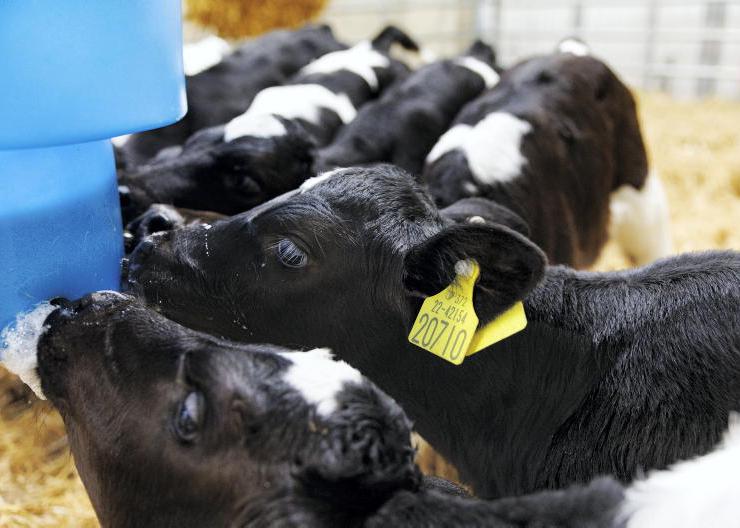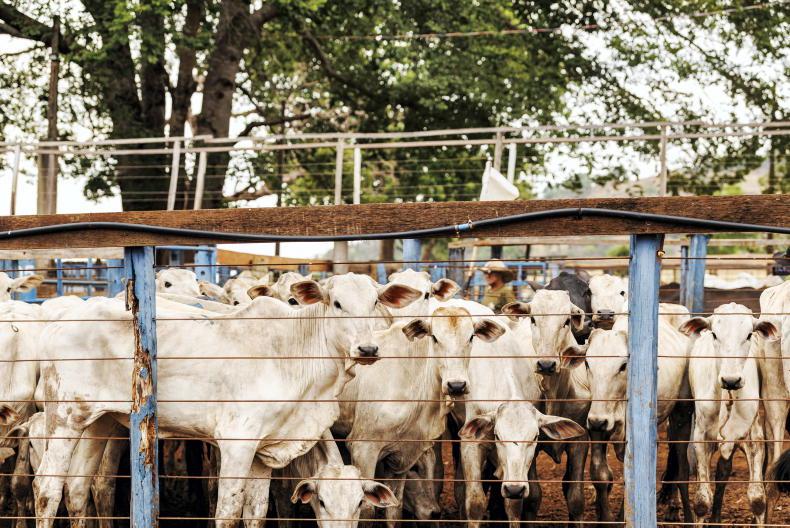The news on Sunday that the Labour Party leader Jeremy Corbyn would support a second Brexit referendum if it was the wish of the membership could lead to the greatest political u-turn in modern day history.
Corbyn, a eurosceptic at heart, is, of course, a reluctant convert. His changed mindset is more a reflection of the fact that as 13,000 Labour Party members descend on Liverpool for the party's annual conference the most recent poll carried out by YouGov shows 86% want a second referendum.
Forced general election
While Corbyn’s preferred route is to force a general election by defeating British Prime Minister Theresa May's Brexit plan in the Commons, his commitment to adhere to what comes out of the party's four-day conference starting today (Monday) would lead to a significant change in the party's Brexit stance - that is, if the most recent poll accurately reflects the views of the membership.
It would take place against a backdrop where the electorate had a much deeper understanding of what they were actually voting for
Should we see at the end of this week the senior leadership of the Labour Party, along with thousands of rank and file members, joining forces with some trade unions, high-profile businesses and London Mayor Sadiq Khan in calling for a second referendum, it would create real political momentum behind what is now being called the people’s vote.
No guarantee
A second referendum would by no means guarantee a reversal of the outcome of the referendum held in June 2016. But it would take place against a backdrop where the electorate had a much deeper understanding of what they were actually voting for.
One would hope that the reassurances given and claims made by the leave campaign in the initial campaign would be scrutinised much closer than in the past.
Claims made by the leave campaign that exiting the EU did not mean leaving the single market or the customs union would carry little validity this time round.
While the British media expressed good gosh at the position adopted by EU leaders last week in Austria, the fact is that British politicians merely received a reality check that reinforced the stated position spelled out over the past two years:
That the EU is going to negotiate as one bloc and it will not be possible to bypass chief Brexit negotiator Michel Barnier.The EU is determined to protect all four freedoms of membership and will not water down rules to accommodate the UK in the single market.It is not possible to have one foot in and one foot out of the EU. Ultimately, the British have now realised that this negotiation process is like no other. It is a unique process where, for the EU, there is no scope for a fudge.
The rules are clear and the risk to the EU from any dilution far outweigh the potential fallout from a no-deal Brexit.
This, of course, does nothing to allay Irish fears of a no-deal Brexit.
The fact is that the reality check dealt out to the British government last week is as big a problem for Ireland as it is the UK.
In many ways, a political fudge that would see the normalised trading relationship between the UK and EU remain would suit Ireland, provided the common rule book concept was extended to areas including tariffs, quotas and standards for non-EU imports.
Closer attention
While many hurdles remain to be jumped, there is no doubt that Irish politicians and indeed Irish farmers will be paying much closer attention to the Labour Party conference this week than perhaps ever before.
A move to supporting a people’s vote would certainly be a step in the right direction from an Irish perspective.
How ironic would it be if Jeremy Corbyn, a eurosceptic who voted against EEC membership in 1975 and against both the Maastricht and Lisbon treaties, proved to be the catalyst that reversed the UK’s exit from the EU. Politics really is a strange world.
The news on Sunday that the Labour Party leader Jeremy Corbyn would support a second Brexit referendum if it was the wish of the membership could lead to the greatest political u-turn in modern day history.
Corbyn, a eurosceptic at heart, is, of course, a reluctant convert. His changed mindset is more a reflection of the fact that as 13,000 Labour Party members descend on Liverpool for the party's annual conference the most recent poll carried out by YouGov shows 86% want a second referendum.
Forced general election
While Corbyn’s preferred route is to force a general election by defeating British Prime Minister Theresa May's Brexit plan in the Commons, his commitment to adhere to what comes out of the party's four-day conference starting today (Monday) would lead to a significant change in the party's Brexit stance - that is, if the most recent poll accurately reflects the views of the membership.
It would take place against a backdrop where the electorate had a much deeper understanding of what they were actually voting for
Should we see at the end of this week the senior leadership of the Labour Party, along with thousands of rank and file members, joining forces with some trade unions, high-profile businesses and London Mayor Sadiq Khan in calling for a second referendum, it would create real political momentum behind what is now being called the people’s vote.
No guarantee
A second referendum would by no means guarantee a reversal of the outcome of the referendum held in June 2016. But it would take place against a backdrop where the electorate had a much deeper understanding of what they were actually voting for.
One would hope that the reassurances given and claims made by the leave campaign in the initial campaign would be scrutinised much closer than in the past.
Claims made by the leave campaign that exiting the EU did not mean leaving the single market or the customs union would carry little validity this time round.
While the British media expressed good gosh at the position adopted by EU leaders last week in Austria, the fact is that British politicians merely received a reality check that reinforced the stated position spelled out over the past two years:
That the EU is going to negotiate as one bloc and it will not be possible to bypass chief Brexit negotiator Michel Barnier.The EU is determined to protect all four freedoms of membership and will not water down rules to accommodate the UK in the single market.It is not possible to have one foot in and one foot out of the EU. Ultimately, the British have now realised that this negotiation process is like no other. It is a unique process where, for the EU, there is no scope for a fudge.
The rules are clear and the risk to the EU from any dilution far outweigh the potential fallout from a no-deal Brexit.
This, of course, does nothing to allay Irish fears of a no-deal Brexit.
The fact is that the reality check dealt out to the British government last week is as big a problem for Ireland as it is the UK.
In many ways, a political fudge that would see the normalised trading relationship between the UK and EU remain would suit Ireland, provided the common rule book concept was extended to areas including tariffs, quotas and standards for non-EU imports.
Closer attention
While many hurdles remain to be jumped, there is no doubt that Irish politicians and indeed Irish farmers will be paying much closer attention to the Labour Party conference this week than perhaps ever before.
A move to supporting a people’s vote would certainly be a step in the right direction from an Irish perspective.
How ironic would it be if Jeremy Corbyn, a eurosceptic who voted against EEC membership in 1975 and against both the Maastricht and Lisbon treaties, proved to be the catalyst that reversed the UK’s exit from the EU. Politics really is a strange world.








SHARING OPTIONS